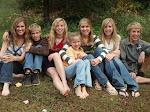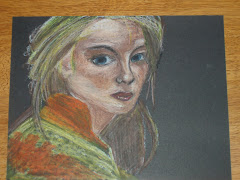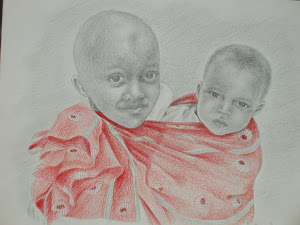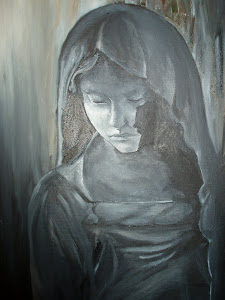We often depend on literature for moral lessons and examples of different kinds of character traits. Young children always want to know "Is he the good guy or the bad guy?" and it is sometimes hard for them to comprehend that people can do good things and bad things and it's not often possible to sort them into neat "good or bad" categories.
Last summer while we were reading English history in H.E. Marshall's An Island Story, the boys were constantly wanting to know who were the good guys. When issues arose between the English and the French they would ask, "Who are we going for?" I had to tell them that both their father and I had strong ties to England (my paternal grandmother came over on the boat on her 8th birthday) but that parts of my family were French (my maternal grandmother's maiden name was LaFleur). Discovering that there is an obvious family connection between their father's side of the family and a certain character in the King Arthur story, combined with the fact that An Island Story is written from the English perspective, they were happy to settle the question. They were going for the English.
One day riding in the truck, TheLittlestPrincess, who is now the proud age of five, asked, "Mom, was Abraham Lincoln a bad president?". She then informed me that Tigger said he was. I tried to explain to her that Abraham Lincoln did some things we don't agree with and sometimes gets credit that he doesn't deserve. She patiently listened to my examples and when I was finished said, "Yeah, but is he bad or good?"
I know partly this way of thinking is due to immaturity and as they grow they will see that this is not always a simple question to answer. I hope they will come to see that a benefit to studying people in history is realizing, as Charlotte Mason so eloquently says,
"...we know there is a great deal to be said on both sides of every question and are saved from crudities in opinion and rashness in action."
Subscribe to:
Post Comments (Atom)





No comments:
Post a Comment